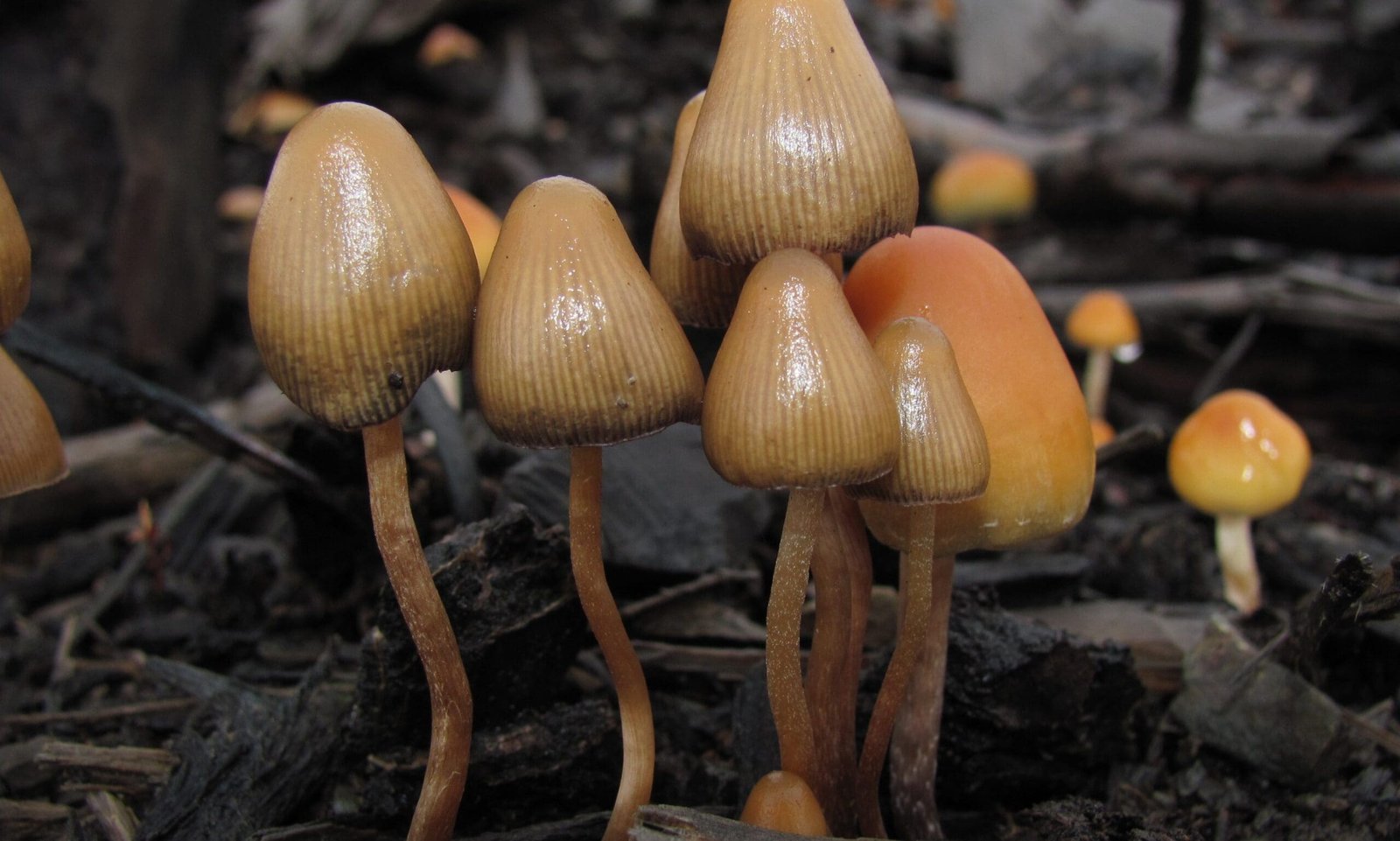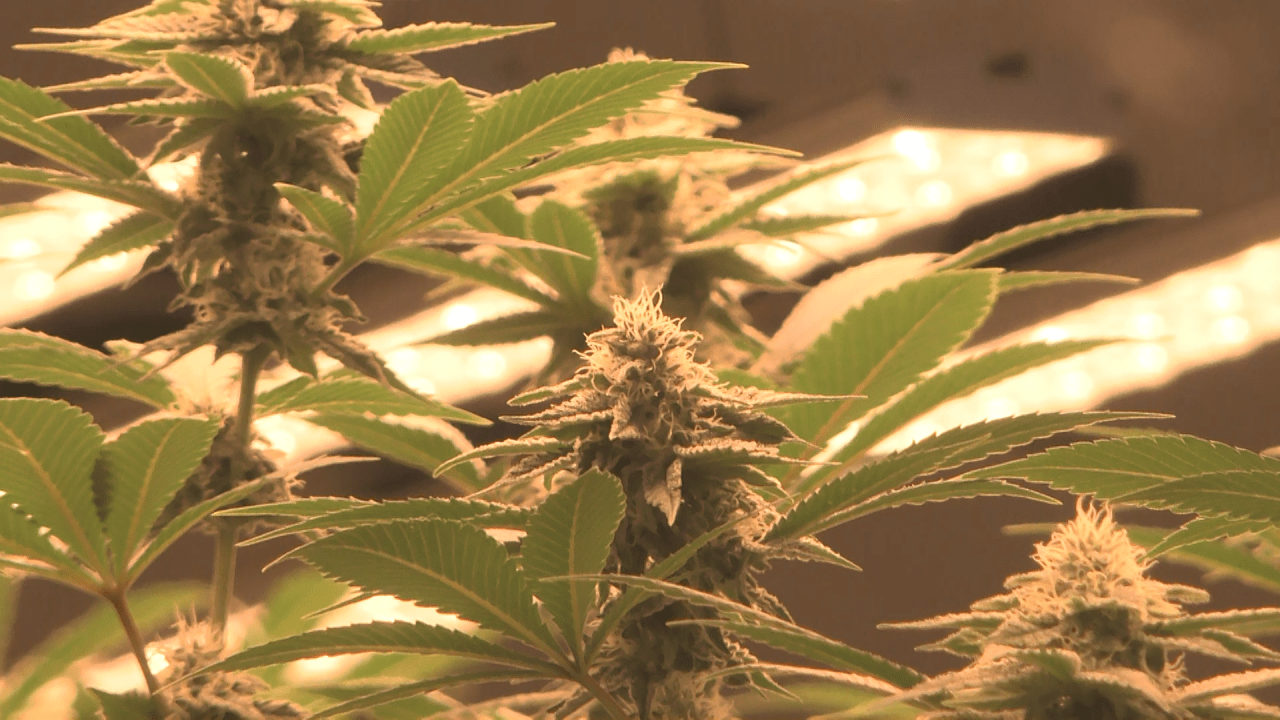Malta’s government recently enacted a series of regulations that impose stricter controls on cannabis users and associations, leading to widespread criticism from advocates. On May 16, lawmakers approved Bill 128 in its final reading. Among its provisions, users can now face fines for complaints about cannabis odor, all cannabis violations must be addressed through the courts, and anonymity for association members has been eliminated.
Pro-cannabis organizations like ReLeaf Malta and Moviment Graffitti have expressed their discontent, stating that these changes violate the rights of cannabis users and undermine the protections initially established in Malta’s progressive cannabis framework.
In 2021, Malta became the first European Union nation to decriminalize cannabis for personal use, allowing adults to possess up to 7 grams, cultivate four plants at home, and obtain cannabis from regulated clubs known as Cannabis Harm Reduction Associations (CHRAs). However, the passage of Bill 128 raises concerns that these freedoms are now at risk.
Key changes from the new regulations include:
Public Use and Odor Complaints: Individuals who emit a ‘strong smell’ of cannabis in public can face administrative fines ranging from €50 to €100. Property owners allowing cannabis odors to disturb the public peace may be fined up to €235.
Restrictions on Cannabis Associations: The law enforces stricter location requirements for CHRAs, mandating they be at least 250 meters away from schools, youth centers, and sports facilities. Associations that allow entry to anyone under 18 could incur fines between €3,000 and €10,000, even if accidental. Additionally, the Minister has the authority to impose limits on how much cannabis associations can possess or cultivate, though specific limits are not detailed in the legislation.
Member Registration and Privacy: CHRAs must now keep a register of all members that includes personal information. This register is not to be shared with other entities and cannot be used as evidence in court, except in cases of criminal investigations. A previous policy allowing anonymous membership has been removed.
Enforcement Changes: Cannabis offenses must now go through the Court of Magistrates, removing the option for administrative fines through the Commissioner for Justice. The Authority on the Responsible Use of Cannabis (ARUC) has been granted broader enforcement powers, including the ability to conduct inspections, initiate legal proceedings, and impose fines.
ARUC’s executive chairperson, Joey Reno Vella, stated that the new laws aim to address complaints from residents about cannabis consumption near their homes. However, the practicalities of enforcing odor-related complaints have raised questions about how authorities will determine if an odor constitutes a nuisance.
These regulations also contradict the ARUC’s stated principles of harm reduction, which include reducing legal risks for cannabis users and combating stigma. Critics argue that the new measures disproportionately affect those with limited housing options, such as residents of multi-story apartment buildings, while benefiting individuals with larger private properties.
The recent shifts in Malta’s cannabis policy have sparked fears that the country is regressing in its approach to cannabis regulation, moving away from its previous stance as a leader in progressive drug policies within Europe.




